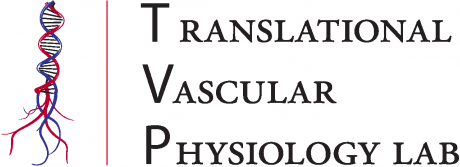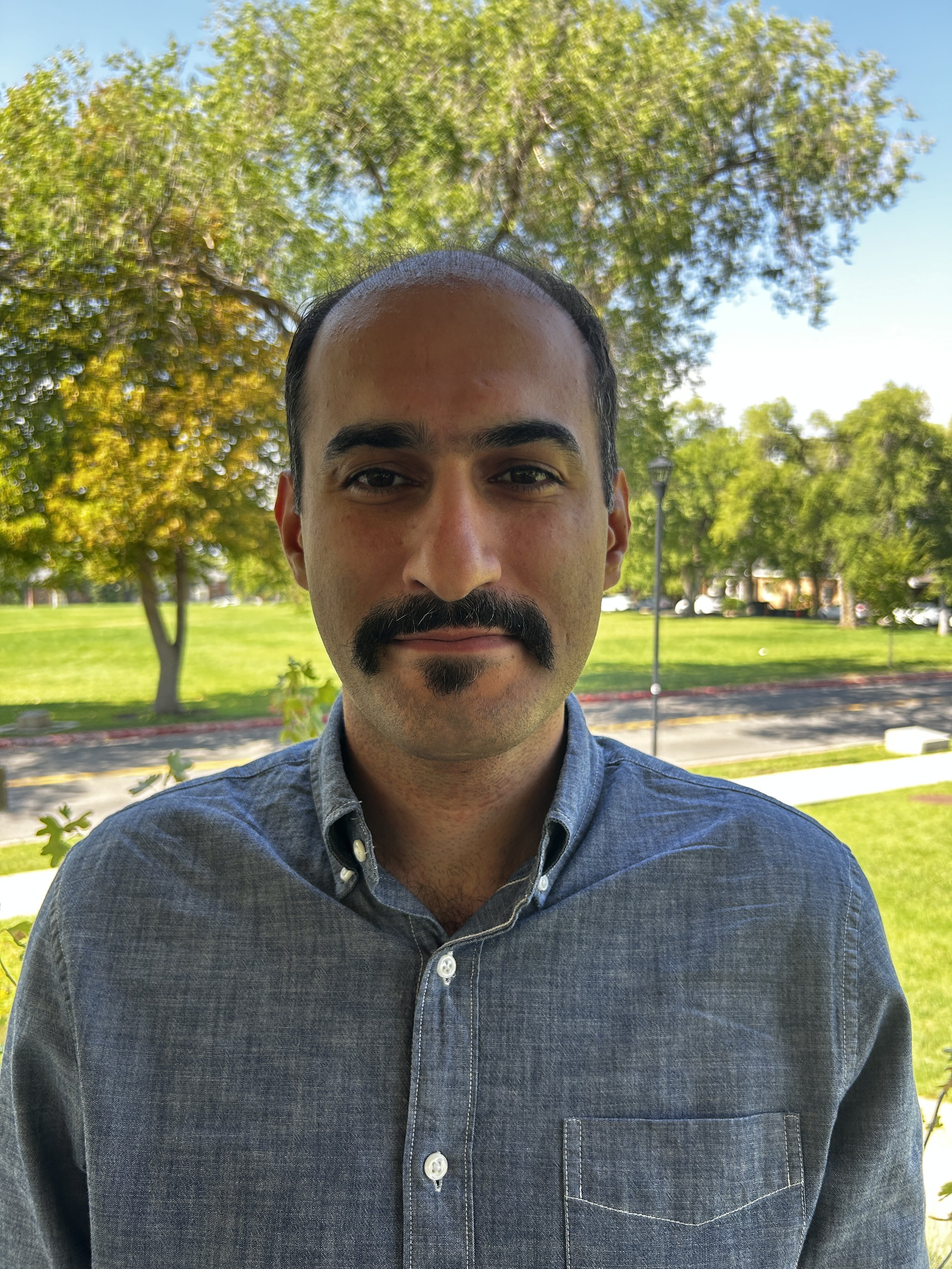STUDENTS
SHELBY HALL
Ph.D. Student
Department of Nutrition and Integrative Physiology
University of Utah
Salt Lake City, Utah
Office Address:
VA Med. Center, SLC
GRECC, Building 2, Room 2D15
500 Foothill Drive
Salt Lake City, UT 84148
Office: 801-582-1565 Ext 4331
Email: u1327902@utah.edu
Research Interests:
My research interests include evaluating mechanisms of cardiovascular disease and metabolic dysfunction at the cellular and molecular level and the effects of different interventions on overall physiological function. One of my main focuses is on how oxidative stress and the accumulation of lipid peroxidation contributes to vascular dysfunction. Currently, I am investigating the role of glutathione peroxidase 4 (GPX4) and ferroptosis, an iron dependent form of cell death, on cellular senescence, aging, metabolism and the cardiovascular system. My research is aimed at elucidating certain pathways and mechanisms that are important in the development of disease and mitigating the consequences at the physiological level.
Publications
Islam, M. T., Hall, S. A., & Lesniewski, L. A. (2021). Chronic aerobic exercise: targeting two birds with one stone. The Journal of Physiology, (4), 1015-1016.
Hossein Abdeahad
Ph.D. Student
Department of Nutrition and Integrative Physiology
University of Utah
Salt Lake City, Utah, USA
Office Address:
VA Med. Center, SLC
GRECC, Building 2, Room 2D15
500 Foothill Drive
Salt Lake City, UT 84148
Office: 801-582-1565 Ext 4331
Email: Abdeahad.H@utah.edu
Research Interests:
My research is aimed at elucidating the mechanisms that regulate the biological aging of the cardiovascular system at the cellular and molecular levels. Specifically, I am interested in understanding the endothelial cell fate after chronic inflammation and oxidative stress during aging, which could ultimately lead to vascular dysfunction. These consequences include the induction of DNA damage, driver mutation, and clonal expansion. Furthermore, I am interested in the interaction between senescent cells and non-senescent cells and how the removal of senescent cells with the help of senolytics can increase the proliferative potential of healthy adjacent cells. Coming from a background in biochemistry, I am also interested in how these mechanisms and pathways work at the cellular level.
Abstract:
Bloom SI, Tucker JR, Liu Y, Abdeahad H, Machin DR, Thomas TG, Bramwell RC, Islam MT, Lesniewski LA, Donato AJ. Aging results in endothelial cell telomere uncapping that induces senescence and physiological dysfunction. The FASEB Journal. 2022 May;36.
Bloom S, Tucker J, Machin D, Liu Y, Thomas T, Abdeahad H, Bramwell R, Lesniewski L, Donato A. Aging results in endothelial cell telomere uncapping that induces senescence, arterial stiffening, and reduced nitric oxide bioavailability. The FASEB Journal. 2021 May;35.
Abdeahad H, Bloom S, Lesniewski L, Donato A. Telomere uncapping as a possible mechanism for chemotherapy‐induced vascular toxicity. The FASEB Journal. 2021 May;35.
Md SHARIFUL islam
Ph.D. Student
Department of Nutrition and Integrative Physiology
University of Utah
Salt Lake City, Utah
Office Address:
VA Med. Center, SLC
GRECC, Building 2, Room 2D15
500 Foothill Drive
Salt Lake City, UT 84148
Office: 801-582-1565 Ext 4331
Email: u1475085@utah.edu
Research Interests:
My current research explores the role of cellular senescence in aging and age-related diseases. I am particularly interested in developing novel senolytics, agents that selectively kill senescent cells, to treat age-related cardiovascular and metabolic dysfunction. Using mouse models, I investigate how immune cell aging contributes to the accumulation of senescent cells across various tissues leading to metabolic and vascular dysfunction. Moreover, I am testing the effects of novel and well-established senolytic drugs on age-related cardiometabolic diseases in the absence and presence of T and B lymphocytes. These works will uncover insight into the role of aging immune system in age-related diseases and the effectiveness of senolytics. Thus, my research has the potential to elucidate new mechanisms of age-related cardiometabolic dysfunction and develop new therapies.



